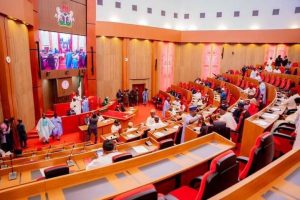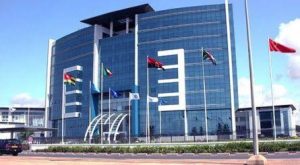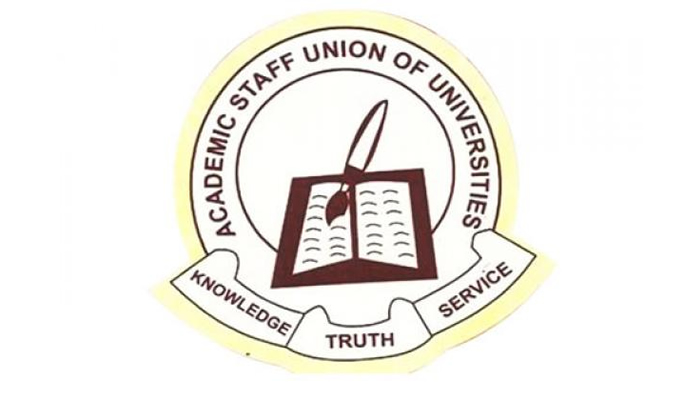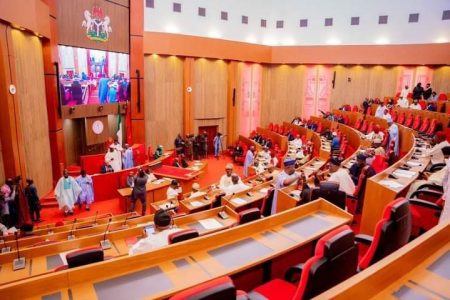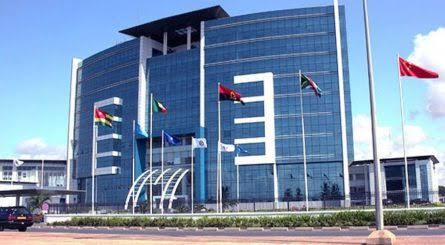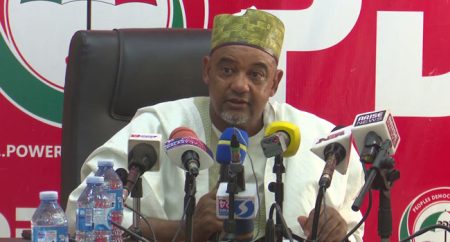The Academic Staff Union of Universities (ASUU) has declared a “no-pay-no-work” policy, escalating its ongoing dispute with the Federal Government over delayed salary payments. ASUU President, Professor Chris Piwuna, articulated the union’s frustration, alleging that the government is deliberately withholding salaries as retaliation for ASUU’s rejection of the Integrated Payment and Personnel Information System (IPPIS). The IPPIS, a centralized payroll platform, has been a source of contention between the government and academic unions, with ASUU consistently criticizing its implementation and demanding its replacement with a more suitable system. The delayed salary payments, often extending 10 days into the following month, have imposed significant financial hardship on lecturers, particularly given the prevailing economic challenges in the country. This financial strain has further intensified with the non-payment of June salaries, preventing many ASUU members from adequately observing the Sallah celebrations. In response, ASUU has resolved to implement the “no-pay-no-work” policy, effectively boycotting classes until their salaries are disbursed. This decision reflects the union’s determination to prioritize the financial well-being of its members and underscores the escalating tension between ASUU and the government.
The core issue at hand is the consistent delay in salary payments to university lecturers, which ASUU attributes to their resistance to the IPPIS. The union believes that the government is using delayed salaries as a punitive measure to coerce them back onto the platform. This perceived tactic has created a climate of distrust and antagonism between the two parties, hindering efforts to resolve the underlying salary payment issue. The “no-pay-no-work” policy is ASUU’s attempt to force the government’s hand and secure timely salary payments for its members. However, this approach also carries the risk of further escalating the conflict and potentially disrupting the academic calendar, impacting students and the overall functioning of universities. The situation highlights the deep-seated disagreements between ASUU and the government regarding the appropriate payment system for university staff and the broader issue of university autonomy.
The impact of the delayed salary payments on ASUU members is significant, both financially and emotionally. The late arrival of salaries disrupts their ability to meet financial obligations, adding to the stress of already challenging economic conditions. The inability to celebrate Sallah properly due to non-payment of June salaries adds a further layer of emotional distress, highlighting the impact on their personal lives and cultural practices. This situation underscores the importance of timely and reliable salary payments for maintaining the morale and well-being of university staff. The “no-pay-no-work” policy is a direct consequence of these financial and emotional pressures, demonstrating the extent to which the delayed payments have affected ASUU members.
The non-academic staff unions, represented by the Joint Action Committee (JAC), share similar grievances regarding delayed salary payments. The JAC, comprising the Senior Staff Association of Nigerian Universities (SSANU) and the Non-Academic Staff Union of Universities and Allied Institutions (NASU), has also expressed its frustration with the government’s lack of responsiveness. Despite sending multiple letters to relevant authorities, including the Accountant General of the Federation and the Ministers of Education and Labour, the JAC has received no satisfactory explanation for the delays. The Labour Ministry, while acknowledging the issue, has failed to effect any change, leaving the non-academic staff feeling neglected and undervalued. This shared experience of delayed salaries further underscores the systemic nature of the problem and the widespread dissatisfaction among university staff.
The JAC’s characterization of university workers as “second-class citizens” reflects the sense of disrespect and marginalization felt by both academic and non-academic staff. This perception stems not only from the delayed salary payments but also from the broader lack of consultation and consideration shown by the government in addressing their concerns. The failure to provide adequate explanations for the delays further fuels the perception of disregard and contributes to the erosion of trust between university staff and the government. This sense of marginalization is a significant factor contributing to the escalating tensions and the adoption of more assertive measures like the “no-pay-no-work” policy.
The ongoing dispute between ASUU and the Federal Government highlights the critical need for open communication, transparency, and mutual respect in addressing the concerns of university staff. The delayed salary payments, coupled with the contentious IPPIS issue, have created a climate of distrust and antagonism that hinders productive dialogue. A resolution to this impasse requires a commitment from both sides to engage in constructive negotiations and find a mutually acceptable solution. This includes addressing the underlying concerns about the IPPIS and ensuring timely and reliable salary payments for all university staff. Failure to address these fundamental issues risks further escalating the conflict, disrupting the academic calendar, and ultimately harming the quality of higher education in Nigeria. The government must recognize the vital role played by university staff in shaping the future of the country and prioritize their well-being to ensure the continued success of the higher education sector.


